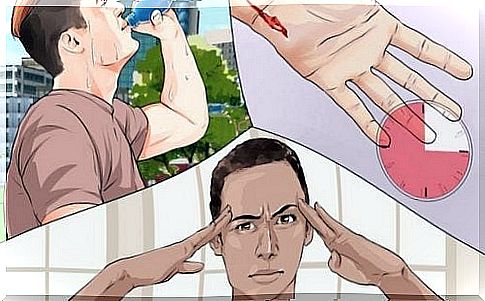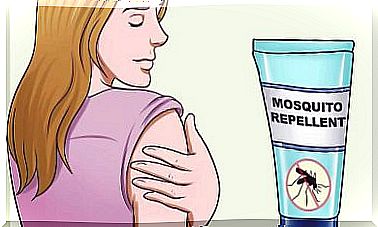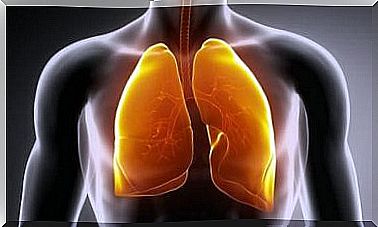What Are The Warning Signs Of Diabetes?

Some of the early warning signs are often the same for both type 1 and type 2 diabetes.
So if you recognize them, you can help your doctor make an early diagnosis and start treatment as soon as possible.
Type 2 diabetes develops slowly and may not give many warning signs.
It is a very serious medical illness, but at the same time it is common.
If you have diabetes, you need to monitor your blood sugar levels regularly and supervise them to make sure they are within the proper range.
Many people are unaware that there are several types of diabetes. It is common for those diagnosed to be surprised, as symptoms can be gradual over many months or years.
Here are some warning signs to watch out for.
Diabetes Warning Signs

Warning signs can appear over time or, conversely, appear quickly. Different types of diabetes can have similar or different indicators.
You need to pay close attention to these symptoms:
- extreme thirst
- Dry mouth
- frequent urge to urinate
- Hungry
- constant fatigue
- Blurry vision
- Wounds that do not heal or take a long time to heal
- Itching or dryness of the skin
- Constant fungal infections
Warning Signs of Type 1 Diabetes
This type is usually diagnosed in children and very young adults, although it can appear at any age.
Children often experience some additional symptoms, so pay attention to them:
- Involuntary and sudden weight loss.
- Bed-wetting even after it stopped happening.
- Intimate fungal infections in girls before puberty.
- Flu-like symptoms such as nausea, vomiting, breathing problems, and loss of consciousness.
Flu-like symptoms appear when the undiagnosed illness causes ketones to accumulate in the bloodstream.
This condition is called diabetic ketoacidosis and is a medical emergency that requires immediate treatment, or it can get worse.
Warning Signs of Type 2 Diabetes
This type does not have sudden symptoms but gives warning signs such as those mentioned above.
Here are some extra symptoms:
- Persistent infections or a wound that does not heal or heals very slowly.
- Complications associated with prolonged abnormal blood sugar levels, such as numbness or tingling in the feet.
- Heart problems.
This disease usually develops symptoms over many years, and they are often very subtle and difficult to identify.
Who is most at risk of suffering from any type of diabetes?

As we have already mentioned, this disease can arise at any time. However, there are certain risk factors for both types.
The factors we present below are not exclusive, as even adults can eventually develop type 1 diabetes, although it is not common.
type 1 diabetes
- Kids.
- Young adults.
- People with a family history of type 1 diabetes.
Type 2 diabetes
- Persons over 45 years of age.
- Overweight individuals.
- People who maintain a sedentary life.
- Smokers.
- People with a family history of type 2 diabetes.
- High blood pressure.
- Abnormal triglyceride or HDL levels.
- People from certain ethnic groups.
- People with a history of insulin resistance.
You may have one or more warning symptoms. If this is the case, consult your physician.
In addition, you may discover a diagnosis of diabetes when you see your doctor for the purpose of treating another illness, or when you have routine blood tests.
What else do you need to know?
If you suspect the existence of warning signs, your doctor may want to know:
- What symptoms do you have.
- Your family history.
- What medications do you consume.
- If you have any allergies.
Remember that you should consult your doctor if you have any suspicions. Getting prompt attention and effective treatment is critical to controlling symptoms and preventing serious future problems.
- If you have type 1 diabetes, you will need to manage your glucose levels. For this reason, you should regulate your insulin levels with your diet and make it more active in your blood.
- If you have type 2 diabetes, you can either manage blood sugar with a special diet that activates it on its own, or take medications that do this.
Having diabetes does not mean that you cannot maintain a full life, but you will need to take a little more care of your health. So be sure to watch out for the warning signs of diabetes.









